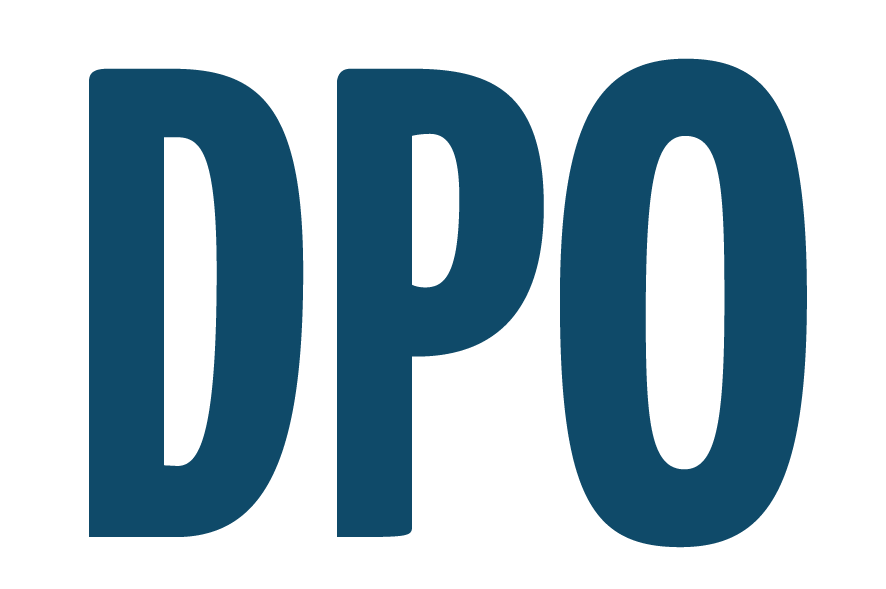Resolving Conflict of Interest in Procurement Management
- Bogdan Büchner
- Jan 13, 2017
- 2 min read
A frequently seen indication of poor procurement management is the existence of nepotism in the supply chain. This is a vendor that has a close personal association with a key member of the business. Even if the relationship remains fair and professional, it can bring on accusations that run from favoritism to fraud.
The sister or nephew of a top executive or purchasing manager could possibly be the best vendor to provide essential materials or services. In that case, it could actually be an asset, as the relationship brings mutual loyalty and is likely to endure for the long term.
But no matter how beneficial the relationship, it’s bad for reputation. Such conflicts of interest must be controlled so that procurement management will appear objective and the risks of embarrassing complaints or accusations are minimized.
These problems are actually fairly common in industry. Those who spend their careers within a certain industry are likely to build up a long list of business associates and former coworkers. Years of work experience and networking can be expected to create circumstances where close associates have an impact on procurement management.
Mixed relationships in Procurement Management
It is essential to be forthcoming about mixing professional and personal relationships. Many businesses adopt policies that require employees to divulge these relationships where they impact procurement management. This hardly a foolproof policy, and it can be nearly impossible in a new position to be clear on the identities of the staffing changes within every vendor. There may also be cases where vendor services are required only for one specific project, or where budgets, quality requirements, or lead times make a particular vendor the only suitable choice. And few companies actually have procedures for nullifying agreements where former relationships are indicated.
As one example, the company may be looking to acquire a new ERP system. The CPO happens to be familiar with a highly regarded product that should perform very well – her son is one of the software engineers. Under other conditions it would be expected that the woman would suggest purchasing an effective solution that she was aware of. She might even be able to obtain a discount or special licensing plan. But in a formal procurement management disclosure process that would expose the relationship, it might be seen as an unnecessary risk for charges of collusion, and the company could be missing out on an excellent opportunity.
One reliable means to avoid these issues is to segment procurement management into different functions or categories of material. Where a conflict of interest could exist, the buyer may simply inform management of the situation but stay removed from any decision making on the choice of supplier. In this way favorable opportunities need not be automatically cut off because of restrictive policy, but the personal relationship is eliminated from the business arrangements.
Occasionally an organization is highly visible and under scrutiny where conflicts of interest may result in public attacks or even legal penalties. If all procurement management decisions are made fairly and transparently, they are the right decisions.

